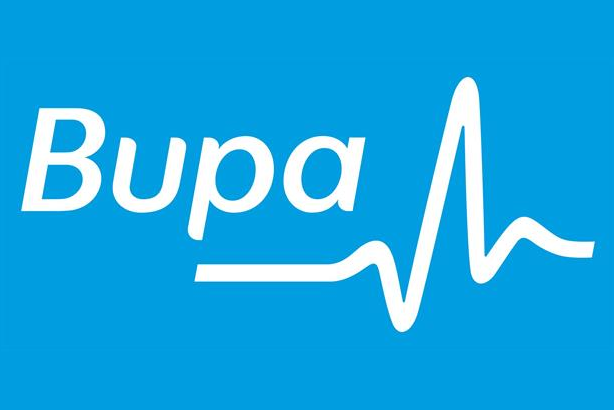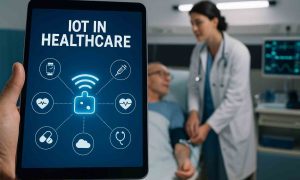

Internet of things (IoT) technology has boomed over the past decade, particularly so in the medical industry over the past three years.
The Covid-19 pandemic led to an expansion of telehealth products, and the rapid dissemination of wearable technology means that continuous health data is more available than ever before.
British-headquartered healthcare and health insurance provider Bupa has invested heavily in IoT and artificial intelligence (AI) infrastructure, focusing on a vertical integration made possible by its unique position as payor and payee.
Speaking to Pharmaceutical Technology, Global Healthcare Transformation Director Dr Arun Thiyagarajan explains: “One of our key differentiators is that we have a vertically integrated model in which we pay and also provide care for our customers. So, it really is in our interest to prevent illness […] that gives us the unique permission to delve into these types of areas to see how we can provide value to them because providing value to them is providing value to us.”
Apps, AI and IoT
The company is making good use of this permission, having expanded its offering with app-based mental health support, AI-assisted melanoma tests and heart check-ups informed by retinal scans. The first two of these solutions are available at home, utilising internet-connected devices such as smartphones and wearables.
The melanoma test involves sending a kit including a smartphone and a dermatoscopic lens to the patient’s house. They are then entrusted with taking photos of their own moles or lesions and uploading them to a secure app stored on the phone. This enables the company to triage without needing to use doctors’ valuable time.















